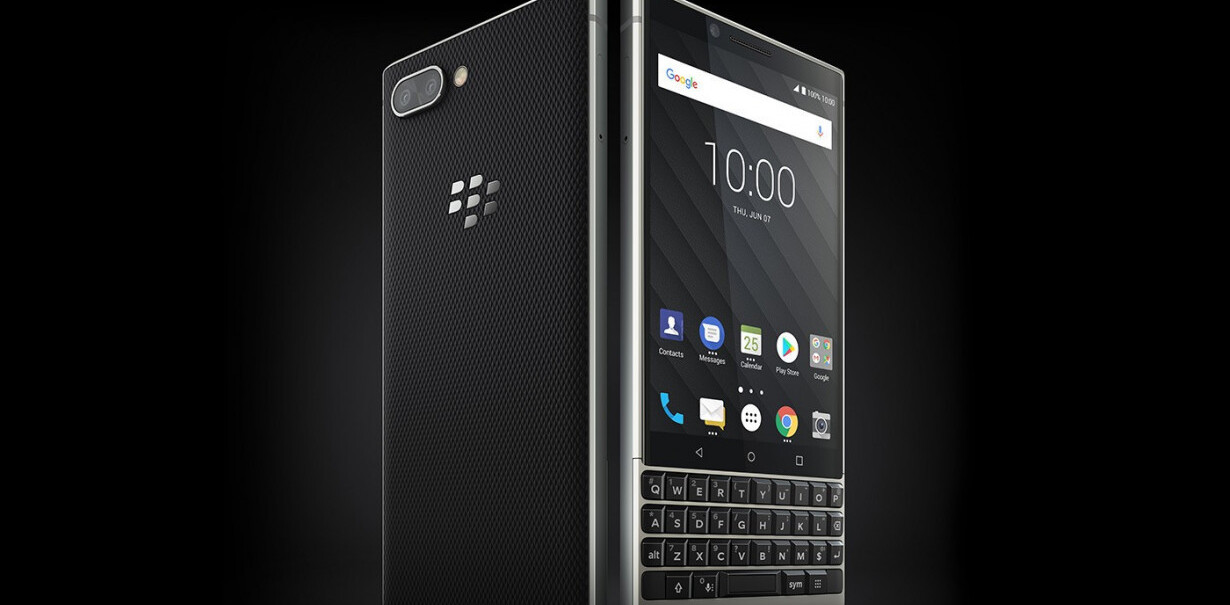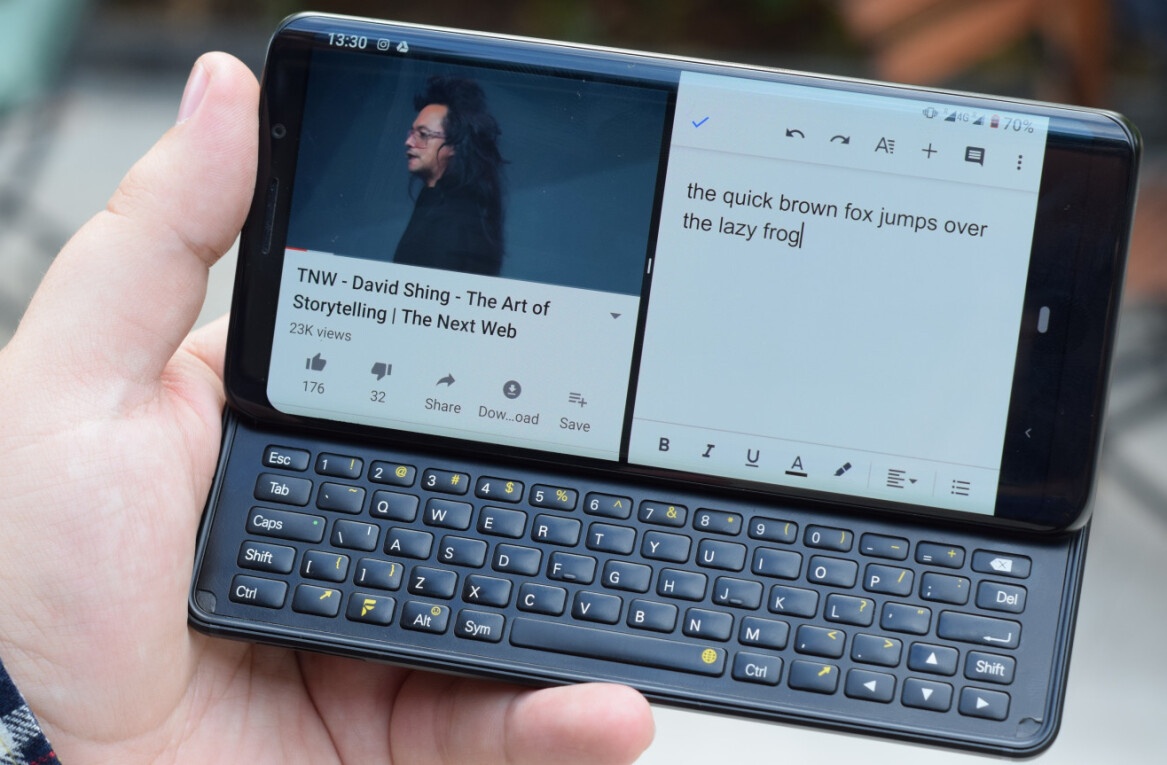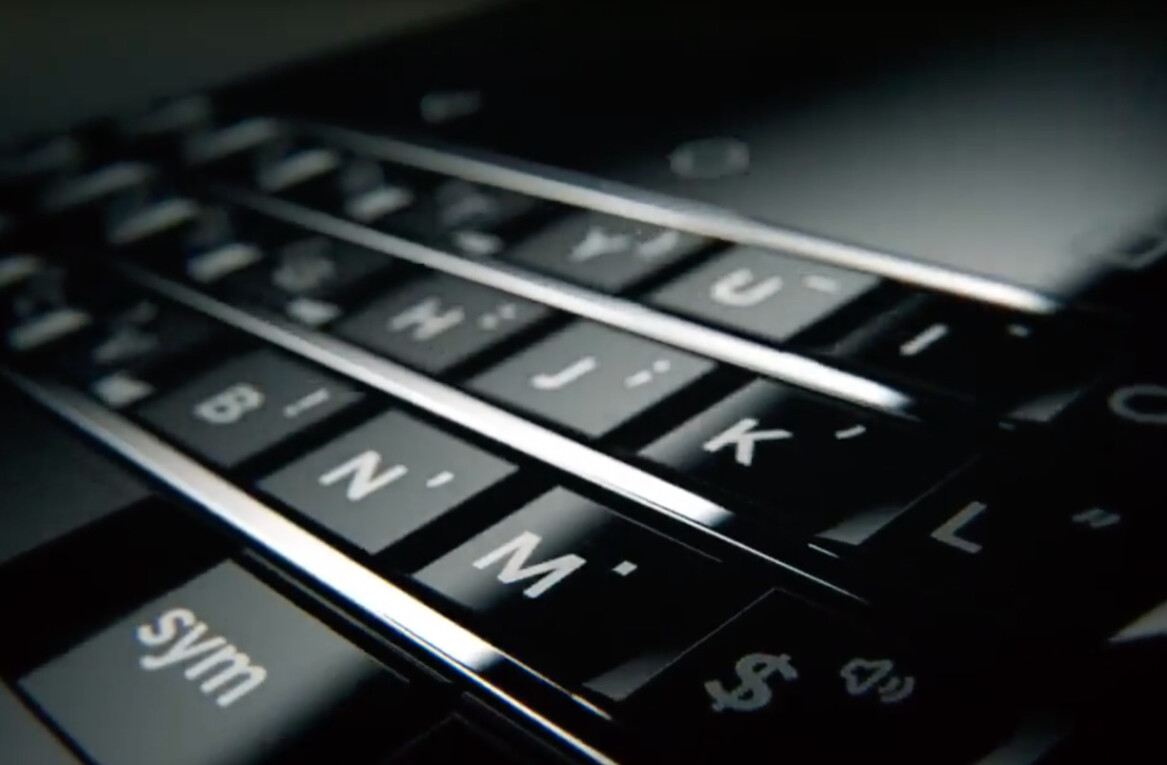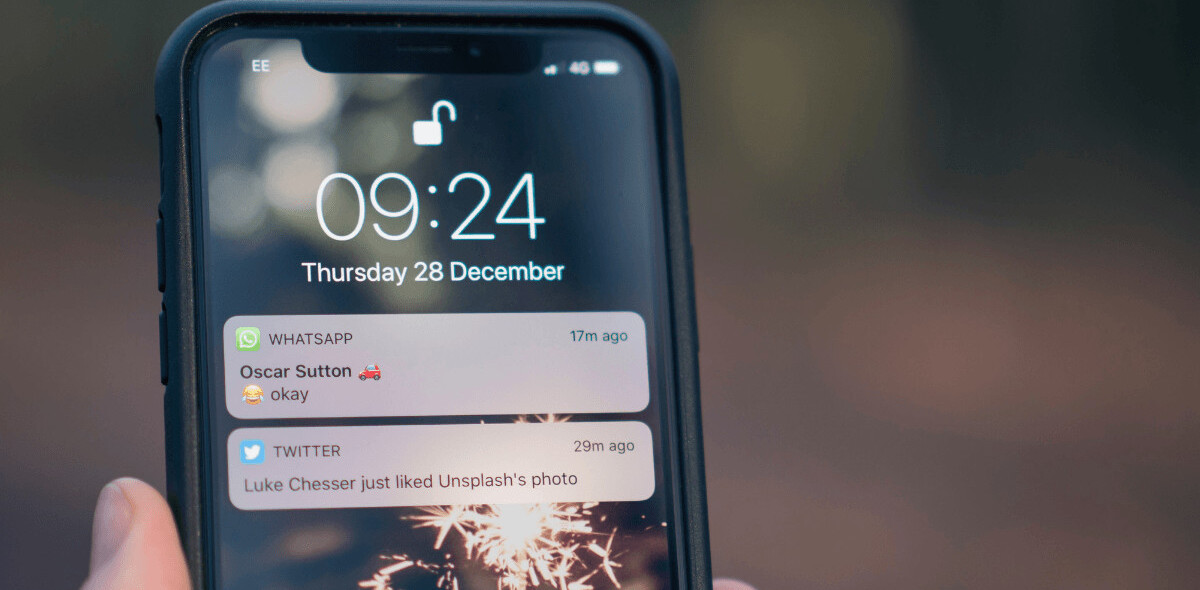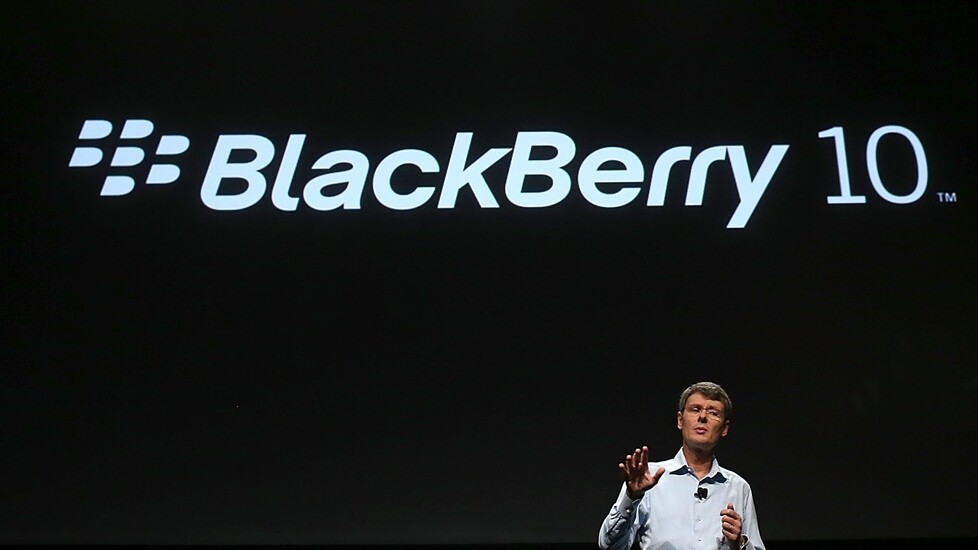
The Globe and Mail has an excellent in-depth article looking at fall of BlackBerry. Most interesting — aside from ex-co-CEO Jim Balsillie’s plan to take BBM cross-platform, which the Wall Street Journal also reported on last year — is the fact that company co-founder Mike Lazaridis hated the idea of the touchscreen Z10 smartphone.
The Globe looks specifically at a board meeting in late 2012, using accounts from sources.
Lazaridis was reportedly concerned about the Z10 because he didn’t believe it offered a clear differentiator against phones from Apple or those based on Android. He felt the company should play to its strengths with a device with a keyboard instead:
In the board meeting, Mr. Lazaridis pointed to a BlackBerry with a keyboard. “I get this,” he said. “It’s clearly differentiated.” Then he pointed to a touchscreen phone. “I don’t get this.”
To turn away from a product that had always done well with corporate customers, and focus on selling yet another all-touch smartphone in a market crowded with them, was a huge mistake, Mr. Lazaridis warned his fellow directors. Some of them agreed.
The Z10 went ahead and it bombed, despite some decent reviews.
Lazaridis was clearly more taken with the Q10, as evidenced by this interview with Forbes, although he remained professional on the subject of the Z10:
Has the iPhone become good enough for professionals to make the BlackBerry unnecessary?
“Everybody has their own personal tastes. With the Z10 and the Q10 we can appeal to a much wider range of tastes, without sacrificing professional needs. This makes RIM unique. The market is huge, like the car market, and there is plenty of room. This is not a winner-take-all business.”
In March, BlackBerry announced that the Z10 had passed 1 million shipments over its first three months.
That was an unspectacular milestone, but it gets worse when you fast-forward to today. The company is stuck with $1 billion in unsold devices, while T-Mobile USA has become the first carrier to announce it will no longer sell BlackBerry smartphones due to a lack of demand.
The gamble on touchscreen devices didn’t pay off — although it’s arguable whether BlackBerry could have successfully shipped any device at that point, such was its fast-slipping reputation and the strength of its competitors. (Nokia, HTC and others have also struggled to compete, despite releasing some good quality smartphones.)
Lazaridis, who remains a minority shareholder, admitted to the Globe that his company’s downfall pains him:
It’s really hurting me. I can’t imagine what the employees must be thinking. Everyone is talking about the most likely scenario being that it will be broken up and sold off for parts. What will happen to the Waterloo region, or Canada? What company will take its place?
Interestingly, he compares the struggle to that of Apple, IBM and Intel, each of which bounced back from a challenging period of business. Yet, a prospective move to go private via a $4.7 billion acquisition led by Fairfax — which aims to refocus BlackBerry on its enterprise audience — doesn’t look like the kind to precipitate a return to dominance in the smartphone market.
Lazaridis is reportedly keen to be involved in a bid for the company, time will tell if he jumps aboard the Fairfax offer.
Headline image via Justin Sullivan / AFP / Getty Images
Get the TNW newsletter
Get the most important tech news in your inbox each week.

